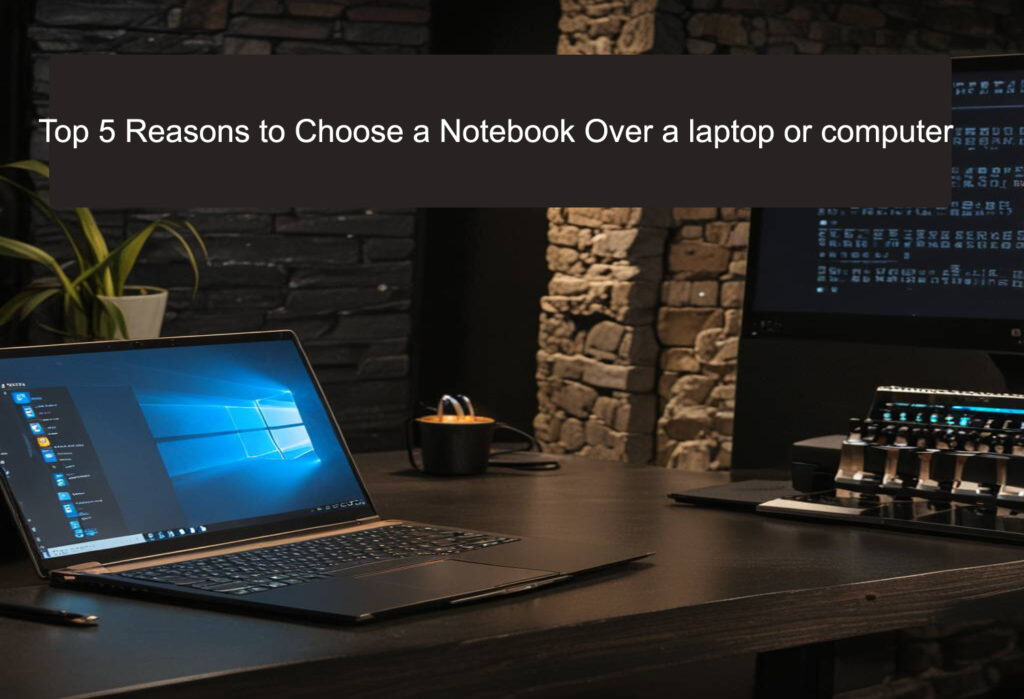Summary
Utmost Important and Reliable information can make or break your coming trip—whether it’s the capability to cultivate a business contact, ensure accurate company records, or keep you safe.
Information is what powers business passages. It’s one of your most precious means, and you should take every step to keep it safe.
Take it from someone who has left his office without synchronizing his laptop and PC, who has wiped out days’ worth of work because he neglected to install a backup system, and who indeed has lost guests because he ignored the significance of good, dependable information. Do not make the same miscalculations I have. Here’s what a career on the road has taught me about computer data:

5 Tips for Peregrination
- Start every trip with a synch
It’s fairly simple to ensure your PDA and computer are accompanied. Generally, all it takes is placing the handheld device into its dock, and the computer will handle the synchronization automatically. Synchronizing one PC with another is not as straightforward. I have tested every conceivable tool, including the one that came with my computer operating system, and they can be tricky. But it’s surely worth learning, because once you leave the office, I guarantee you’ll be glad you streamlined your laptop.
- Do not trust your computer
USB drives are vital for securing your data. With modern models holding up to 5 gigabytes, you can easily store all your pivotal files in one compact device. Andrew Steele, a media adviser to charities and non-profits in Great Britain, routinely does a double backup. It lately saved his trip. “I had a laptop power force fail,” Steele remembers, “Even after my battery fully drained, I managed to keep working using borrowed computers without feeling embarrassed.”
- Stay in touch with the office
There are several useful operations that let you connect to your computer or network from a distance, including Microsoft’s own Remote Desktop Connection. I like these options because you can catch up on any information that you may have forgotten to sync up before you left. My biggest gripe with these programs is that they tend to be slow—particularly with a dial-up connection—making large data downloads impracticable. But if you couldn’t sync up before your trip, they can be a real lifesaver.
- Collect information—and back it up
Typically, small business travelers are good at collecting business cards, sales leads, and bills. But this precious information doesn’t always make it back to the office. My record keeping was so shy when I started traveling on business that I missed numerous charge-card payments. I ended up losing money because I couldn’t get refunded.
- When in doubt, switch to paper
This is obvious advice, but it’s so obvious that we sometimes forget it’s an option. We’ve become so dependent on our technology that we don’t remember that we could just write the information down. My mate used to make fun of me when I printed out the names and addresses of people before leaving on a business trip. Why do that when everything was on the computer? Well, there are still some things paper can do that a PC can’t. Like operate without batteries. When my laptop’s battery failed, I transitioned to using paper and managed to avoid looking unprepared.
Conclusion:
In today’s digital age, the convenience of technology is undeniable, especially during business trips. However, it’s important to remember that while computers and devices have revolutionized the way we work, they are not infallible. Synchronizing your devices, backing up essential files, staying connected remotely, and even resorting to paper when necessary can make all the difference in safeguarding your work. Learn from the experiences of those who have faced setbacks due to tech failures, and take the necessary steps to protect your information. Ultimately, a little preparation can save you from a lot of trouble and ensure a smoother, more productive trip.aa


